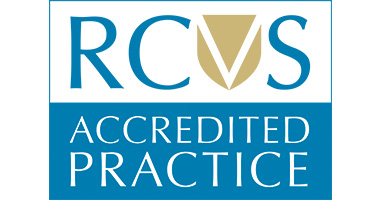FAQ
Q - How do I contact you in an emergency?
A - Simply call 01656 653918 and you will be able to speak directly to our emergency clinical staff. For security during the night, entry is not allowed without having telephoned in advance. Please note; for security and training purposes all calls are recorded.
Q – Where do I need to go to in an emergency?
A – All of our emergencies are seen at our Bridgend Hospital.
Q - Can I just telephone for advice?
A - Of course we will be happy to help with any urgent enquiries. For routine appointments and general enquiries, however, we kindly ask that you call during normal opening hours (8am-7pm Mon-Fri; 8.30am-4pm Sat).
Q - Who will be treating and looking after my pet?
A - Our night staff are dedicated night nurses and vets who also form part of our well respected day team. All of our night vets are experienced surgeons, should your pet need an operation or urgent procedure during the night.
Q - How do I pay and what is the cost?
A – Fees depend on the level of care that your pet requires. For routine procedures please see our price list listed under services. More complicated investigations and/or treatment will require a veterinary consultation to decide a treatment plan and provide you with an estimate of cost. Please note that full payment is required at the time of your pet's discharge, or time of treatment if the animal is not admitted.
Q – What happens if I cannot afford treatment required for my pet?
A – Please discuss this with us at the earliest opportunity, as there are often alternative treatment options available. Unfortunately, we are not in a position to provide “payment plans”.
Q - Do I need to microchip my Dog?
A - From April 2016 all dogs should be microchipped by law. A “Microchip” the size of a grain of rice is implanted under the skin at the back of the neck. This is done via an injection and can be done with them wide awake. The Microchip number holds a 15 digit numb er that is unique to your dog. This number then needs to be registered on a national database and all your contact details included. If your dog goes missing and someone checks their chip the national database will provide the finder with your details, and you can be contacted. It is very important to update your details if you move home or change telephone number.
Q - Do I need to microchip my Cat?
A - Although it is not law that cats should be microchipped as a practice, we recommend all cats are microchipped. Cats are microchipped in the same way dogs are microchipped and if your cat ever goes missing someone can check the national database and you can be contacted. It is very important to update your details if you move home or change telephone number.



